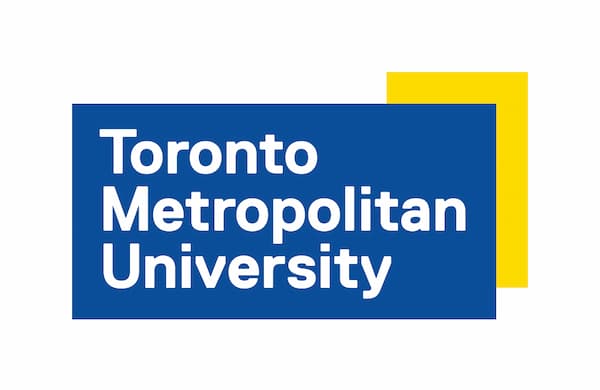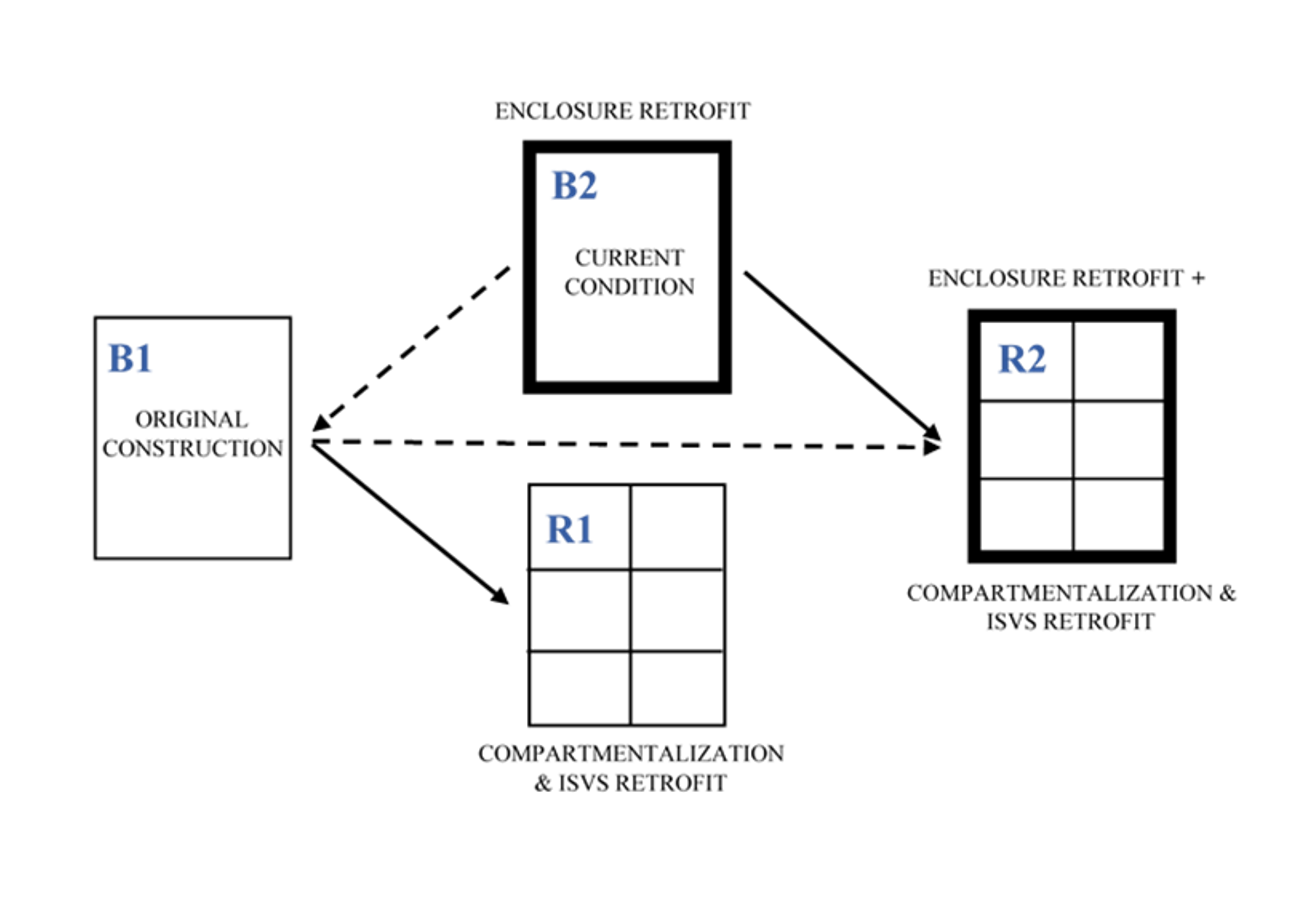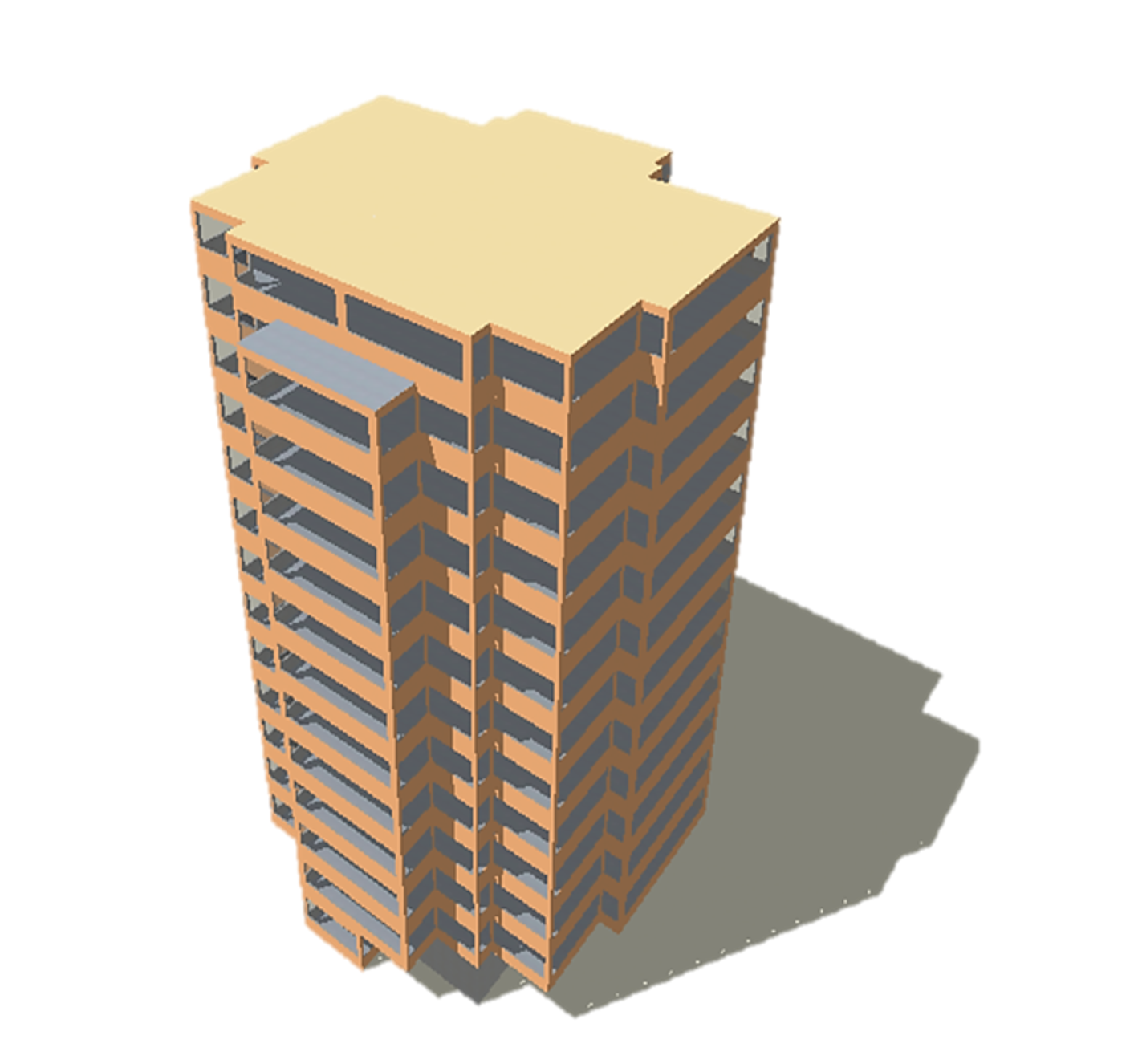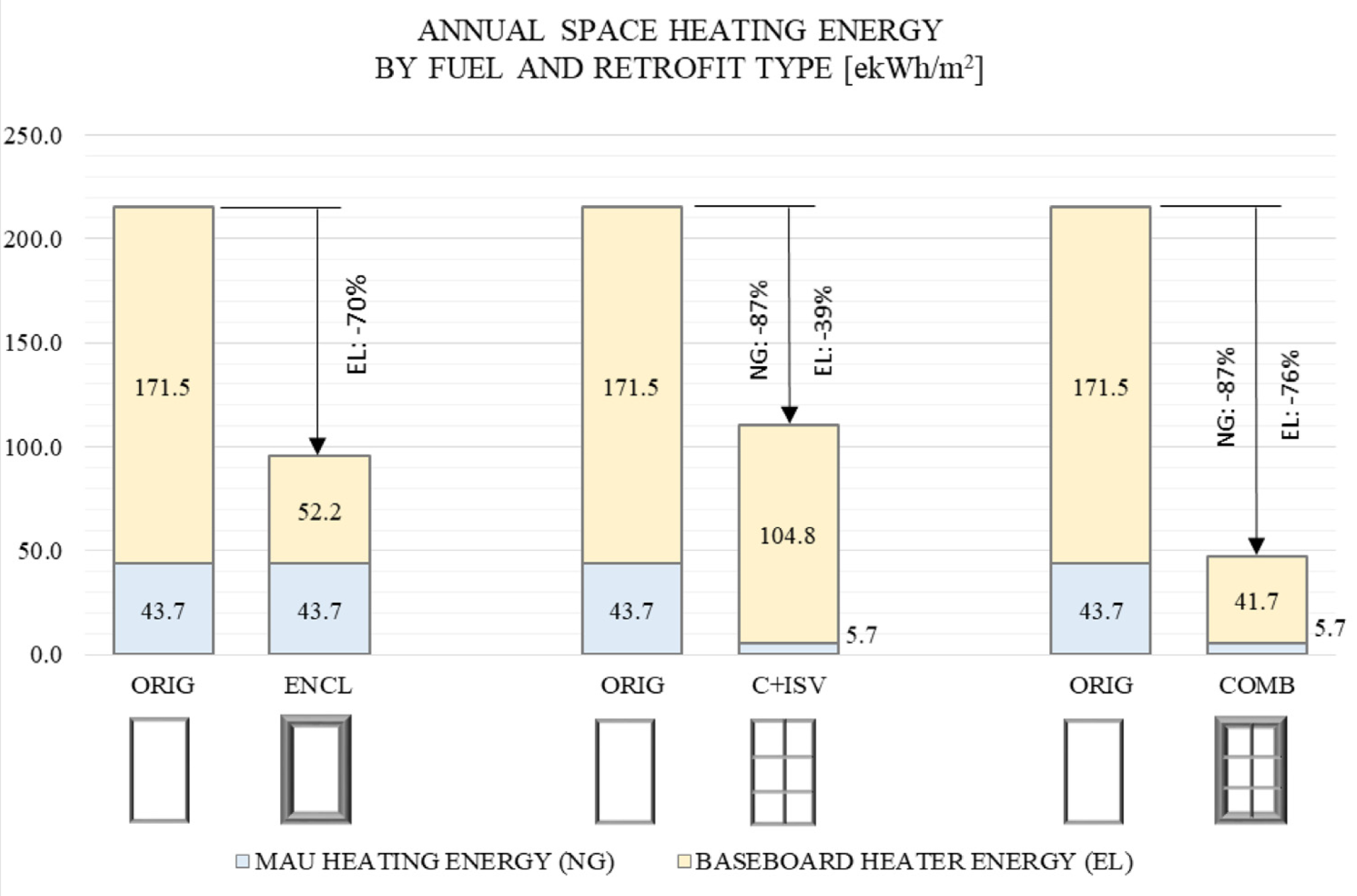Impact of a Compartmentalization and Ventilation System Retrofit Strategy on Energy Use in High-Rise Residential Buildings
This project evaluated the energy savings associated with suite compartmentalization and in-suite ventilation systems retrofits in a high-rise residential building.
Status: Completed
Research themes: Energy and GHG emissions
Research areas: Solutions for air leakage, ventilation and filtration; Building design and retrofits for performance improvement
Project Objective
This project investigated how converting a high-rise multi-unit residential building from a centralized, pressurized corridor ventilation system to suite-based compartmentalization and in-suite ventilation systems (ISVSs) impacts building energy use.
Approach
EnergyPlus was used to simulate the base case building with central ventilation and the retrofitted building with air tight suite doors and ISVS.
Findings
The model showed that annual heating energy could potentially be reduced by half through implementation of this retrofit, demonstrating that a combined compartmentalization/ISVS retrofit can yield similar energy savings compared with a cladding retrofit.
Publications
Journal Publications
Carlsson, M., Touchie, M.F., Richman, R.C. “Investigating the potential impact of a compartmentalization and ventilation system retrofit strategy on energy use in high-rise residential buildings,” Energy and Buildings, 199 (2019) pp.20-28. doi:10.1016/j.enbuild.2019.06.035
Carlsson, M.R., Touchie, M.F., Richman, R. “A Compartmentalization & Ventilation System Retrofit Strategy for High-Rise Residential Buildings in Cold Climates,” Energy Procedia 132 (2017) pp. 867-872. doi:10.1016/j.egypro.2017.09.682
Conference Publications
Berquist, J., Touchie, M.F., O’Brien, W. “Modelling of heat and energy recovery ventilators in cold climates using EnergyPlus and TRNSYS” in the ASHRAE and SCANVAC HVAC Cold Climate Conference 2023, Anchorage, AK, March 6-8, 2023
People Involved

Principal Investigator

Dr. Russell Richman
Co-Supervisor

MASc
Project Partners



